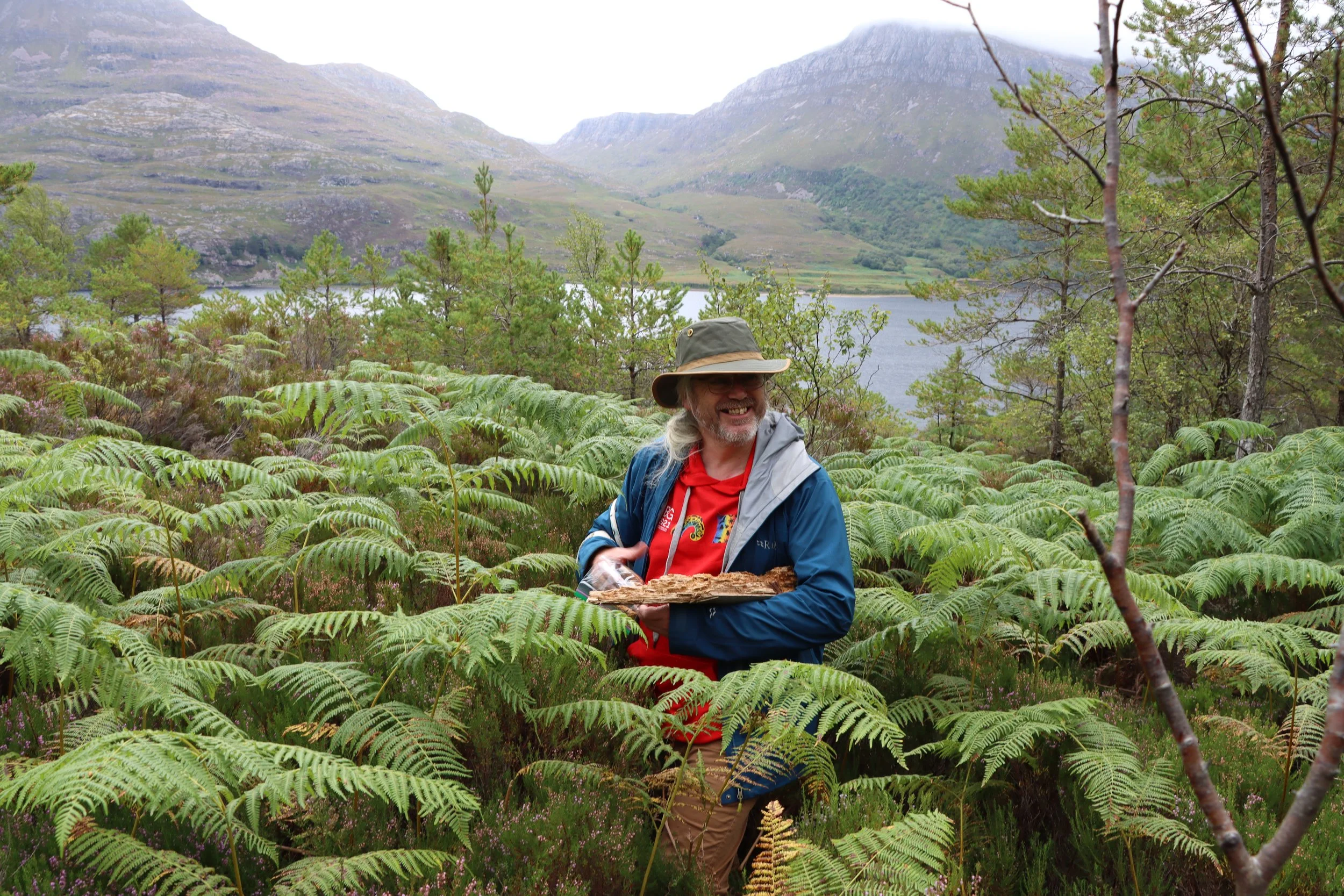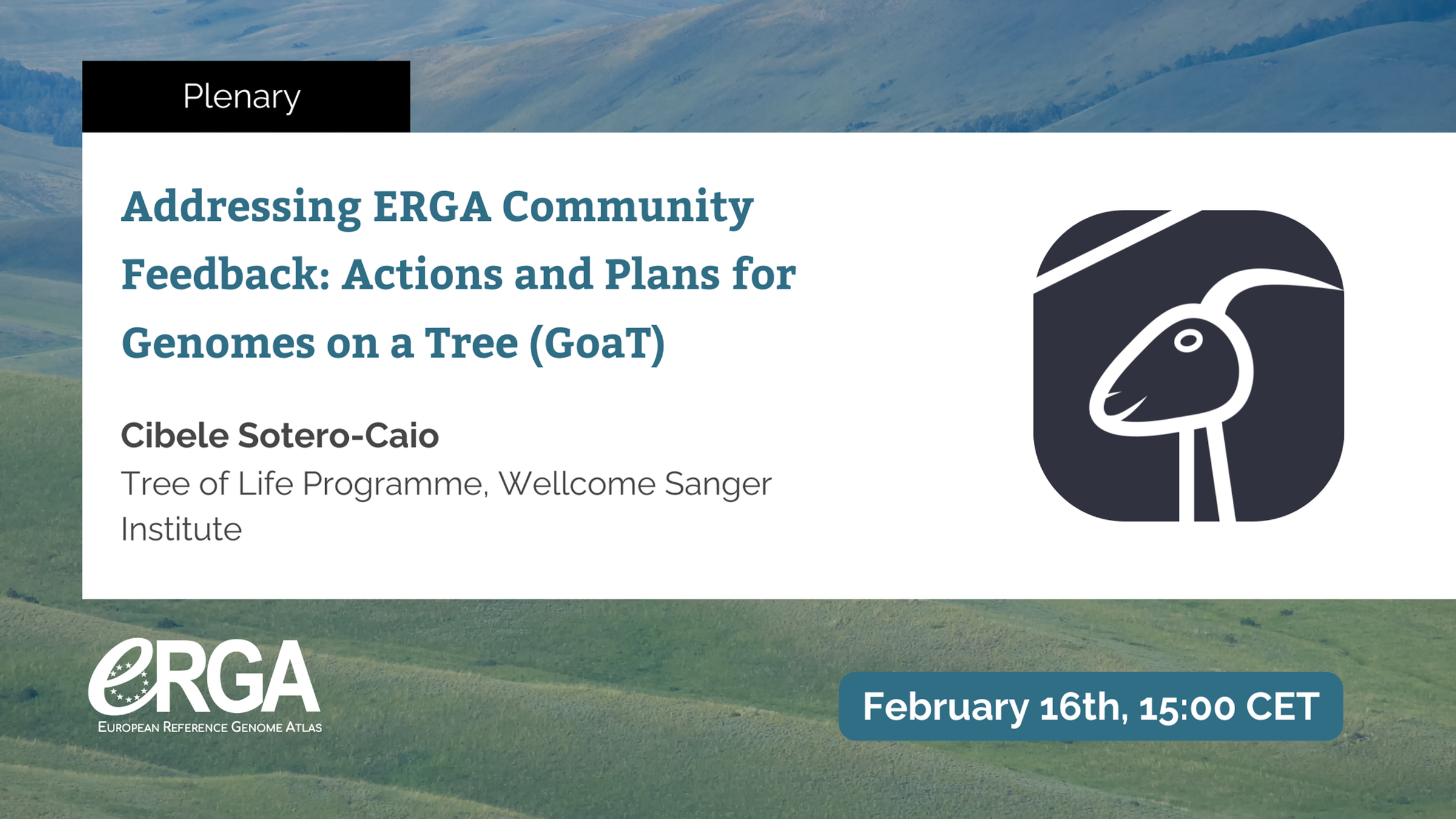
What is the Earth BioGenome Project?
Powerful advances in genome sequencing technology, informatics, automation, and artificial intelligence, have propelled humankind to the threshold of a new beginning in understanding, utilizing, and conserving biodiversity. For the first time in history, it is possible to efficiently sequence the genomes of all known species, and to use genomics to help discover the remaining 80 to 90 percent of species that are currently hidden from science.
How many species have been sequenced so far?
A GRAND CHALLENGE
The Earth BioGenome Project (EBP), a moonshot for biology, aims to sequence, catalog and characterize the genomes of all of Earth’s eukaryotic biodiversity over a period of ten years.
A GRAND VISION
Create a new foundation for biology to drive
solutions for preserving biodiversity and sustaining human societies.
Why Sequence Life?
Featured Species
The Orange-tip Butterfly (Anthocharis cardamines)
High-quality Chromosomal-level Genome
Sequenced by the Darwin Tree of Life at the Wellcome Sanger Institute.
This is the first and only genome published for this common European butterfly species.
Featured Publication
Project Psyche at the wellcome Sanger Institute
Title: Project Psyche: reference genomes for all Lepidoptera in Europe
Authors: Charlotte J. Wright, Niklas Wahlberg, Roger Vila, Marko Mutanen, Pável Matos-Maraví, Kay Lucek, Irena Kleckova, Leonardo Dapporto, Vlad Dincă, Claudia Bruschini, Christopher W. Wheat, Marta Vila, Laura Torrado-Blanco, Valentina Todisco, Michal Rindos, Petr Nguyen, Peter O. Mulhair, Stefaniya Kamenova, Marcus Hicks, Marianne Espeland, Ines A. Drinnenberg, Mónica Doblas-Bajo, Richard I. Bailey, the Project Psyche Community, Mark Blaxter, and Joana I. Meier.
Journal: Trends in Ecology and Evolution (2025)
“Sequencing all 11,000 species will set a sound foundation for genomics and greatly foster monitoring of all Lepidoptera in Europe, empowering effective biodiversity management and policy, locally and globally.”
Events & Education
EBP Life Newsletter:
We’re excited to share our seasonal newsletter highlighting the successes of the Earth BioGenome Project (EBP).
The EBP now includes more than 61 global affiliated projects, all united by the mission to generate annotated, reference-quality genomes for ~1.8 million named eukaryotic species.
Issue 5: Global Voices, Global Genomes
Biodiversity genomics is powered by people as much as by technology. In this issue of EBP Life, we hear from the global voices building the infrastructure, trust, and collaboration behind sequencing life on Earth.
Addressing ERGA Community Feedback: Actions and Plans for Genomes on a Tree (GoaT)
🗓️ Join us: February 16, at 15:00 CET
Cibele Sotero-Caio, curator of the Genomes on a Tree (GoaT) database, will present an update on this important repository of genome-relevant metadata, including recent developments and efforts to address feedback from its growing user community.
✅ Find out more here
“As the biodiversity crisis gathers pace, so must our sequencing.”
Professor Harris Lewin, Chair, EBP Executive Council















